
Yoga is more than just movement—it’s a reflection of how we navigate life. Each time we step onto our mat, we’re given an opportunity to observe, grow, and realign with our truest selves. The lessons we learn in our practice extend far beyond the physical postures, shaping the way we show up in the world.
1. The Power of Presence
One of the first things yoga teaches us is to be present. Whether we’re holding a challenging pose or focusing on our breath, the mat becomes a space where distractions fade. This same presence carries over into daily life—helping us be more engaged in conversations, fully experience small moments of joy, and finding wisdom in the pause.
Off the Mat Lesson:
Next time you feel overwhelmed, take a deep breath and ground yourself in the present. Ask, “What do I need in this moment?”
2. Strength in Stillness
Stillness can feel uncomfortable. We’re conditioned to believe that progress is only made through constant movement, but yoga teaches us that growth often happens in stillness. Holding a pose, sitting in meditation, or resting in Savasana allows us to connect deeper with ourselves.
Off the Mat Lesson:
When faced with uncertainty, instead of rushing to react, try pausing. Clarity often comes when we create space to listen.
3. Flexibility is More Than Physical
We stretch and flow on our mats, learning to move with ease, but flexibility isn’t just about our bodies—it’s about our mindset. Life is unpredictable, and yoga reminds us to surrender when things don’t go as planned.
Off the Mat Lesson:
When life throws unexpected challenges, instead of resisting, ask yourself, “How can I adapt with grace?”
4. Falling is Part of the Journey
We all wobble in balancing poses, fall out of handstands, and struggle with new postures. But each time we fall, we learn. We grow stronger. The same is true in life—mistakes and setbacks aren’t failures; they’re stepping stones.
Off the Mat Lesson:
Instead of fearing failure, embrace it as part of your evolution. The important thing is to keep showing up.
5. The Breath Changes Everything
No matter how intense a pose feels, returning to the breath creates a sense of calm and control. The same applies in stressful moments off the mat—our breath is always there to guide us back to balance.
Off the Mat Lesson:
Practice intentional breathing when facing challenges. A deep inhale and exhale can shift your entire perspective.
Closing Thought
Yoga is a practice, just like life. Some days it feels effortless, and others it feels like a struggle. But every time we show up, we learn something new. Whether it’s patience, resilience, or self-compassion, the lessons from the mat become part of who we are.




 Courtney Purdy, Psy.D. is a licensed clinical psychologist specializing in Coping Skills, Relationship Issues and Anxiety. Areas of expertise include: Anger Management, Bisexual, Body Positivity, Depression, Family Conflict, Lesbian, LGBTQ+, Life Transitions, Mood Disorders, Peer Relationships, Personality Disorders, Self Esteem, Sleep or Insomnia, Stress, and Women’s Issues. To learn more about Dr. Purdy and to schedule a free 15 minute consultation,
Courtney Purdy, Psy.D. is a licensed clinical psychologist specializing in Coping Skills, Relationship Issues and Anxiety. Areas of expertise include: Anger Management, Bisexual, Body Positivity, Depression, Family Conflict, Lesbian, LGBTQ+, Life Transitions, Mood Disorders, Peer Relationships, Personality Disorders, Self Esteem, Sleep or Insomnia, Stress, and Women’s Issues. To learn more about Dr. Purdy and to schedule a free 15 minute consultation, 
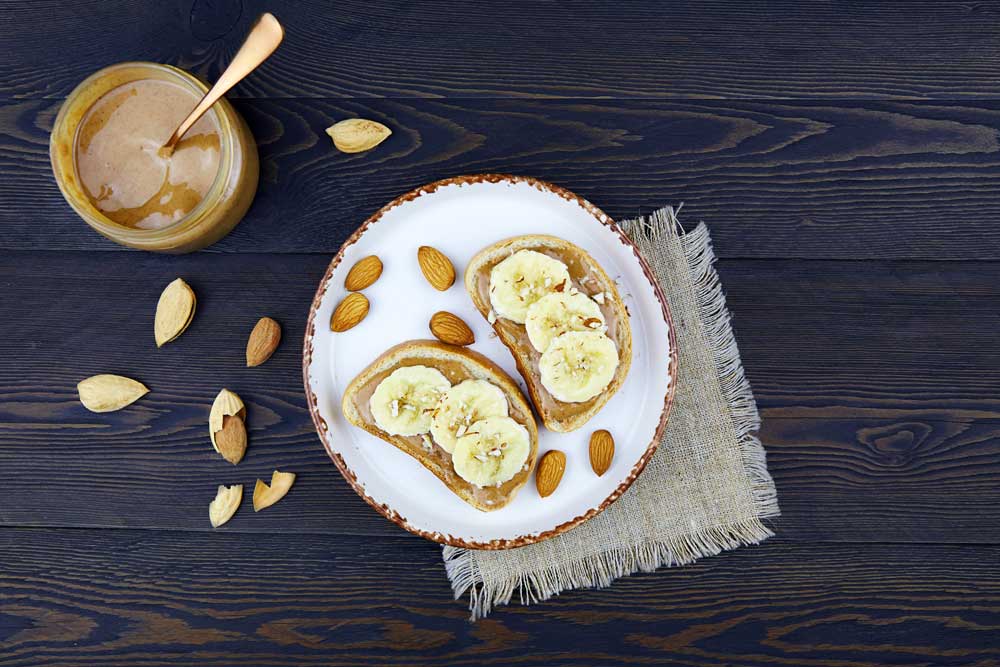



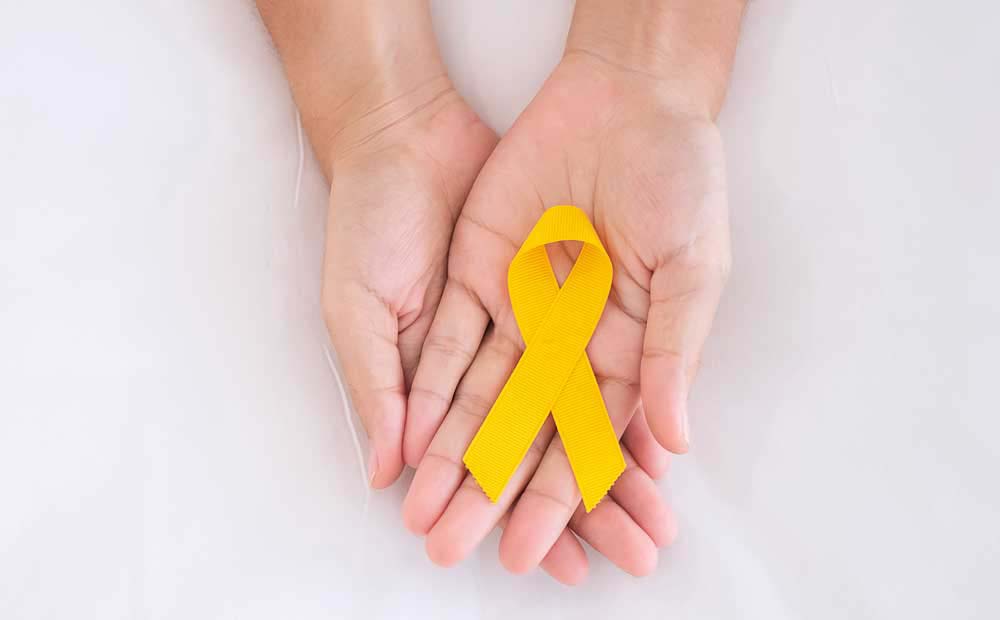


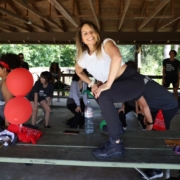
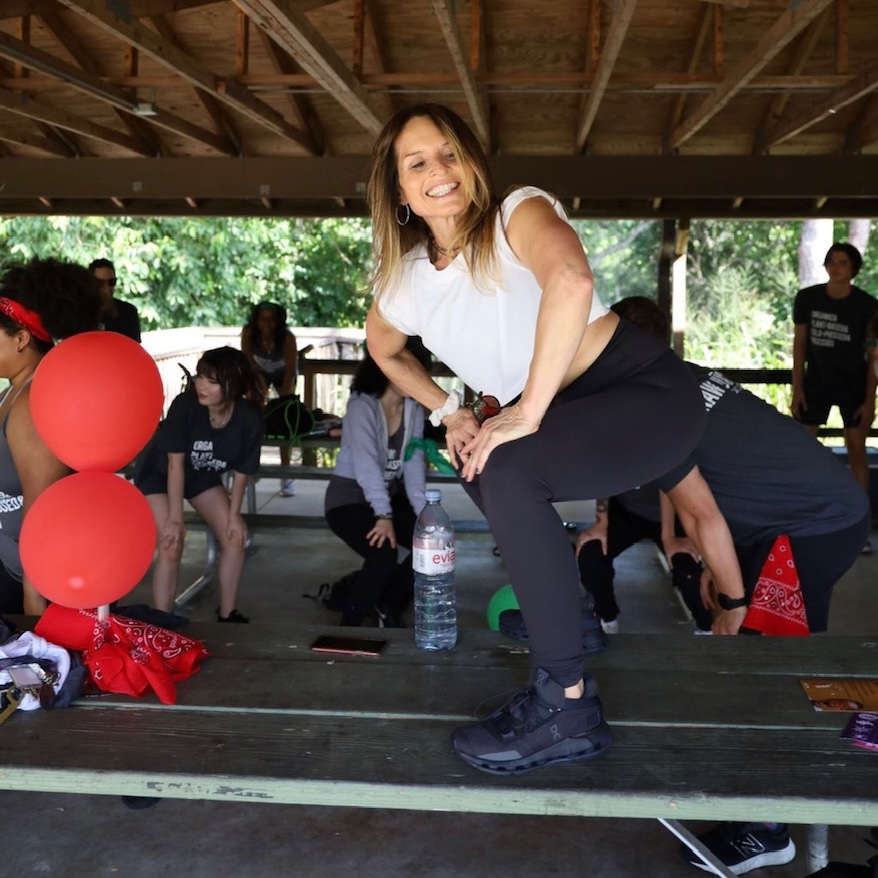

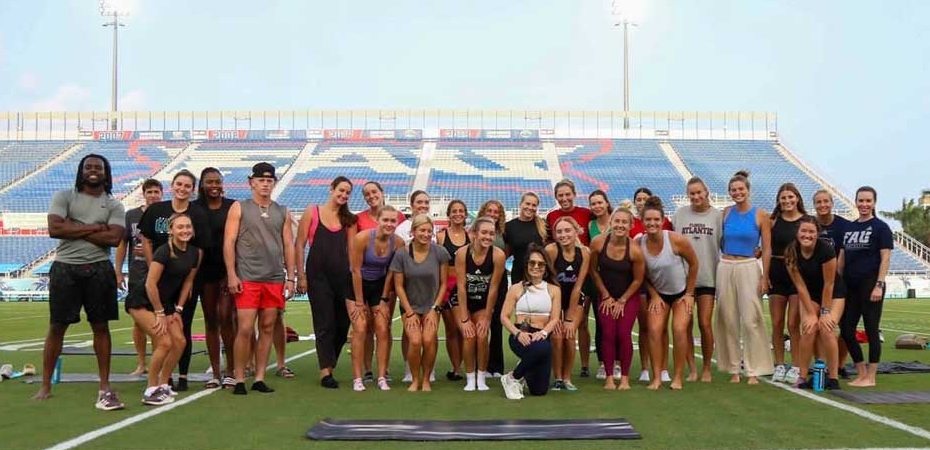





 I was listening to
I was listening to 


